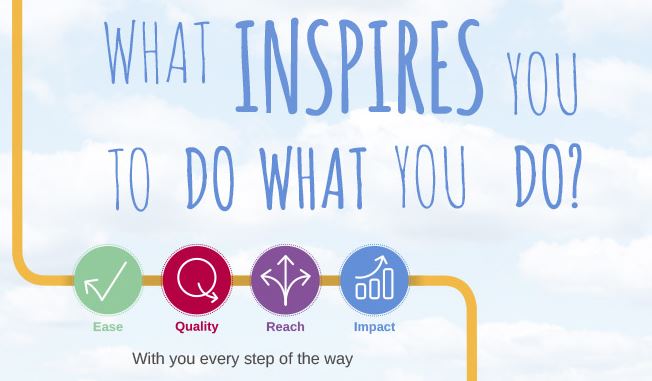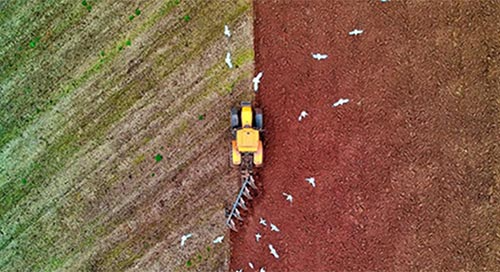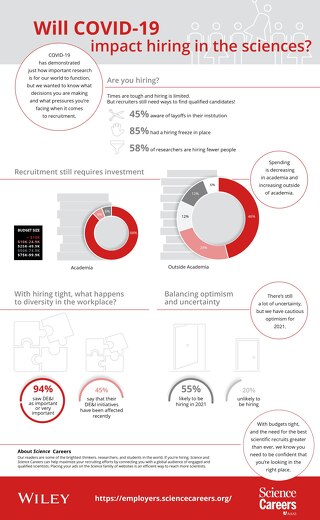publisher-support-for-research-integrity-and-publishing-ethics-wiley-s-revised-best-practice-guidelines
June 09, 2020
This month, the Integrity in Publishing Group at Wiley launch the third edition of our Best Practice Guidelines for Research Integrity and Publishing Ethics. Here we learn more about the group and the updates they have made to further improve best practice.
What does Wiley’s Integrity in Publishing Group do?
Wiley’s Integrity in Publishing Group (IPG) comprises 20+ experts from our editorial, content management, and legal teams, who work in small groups to provide support and advice for Wiley colleagues, editors, and societies on best practice with respect to issues that can arise in research publishing, both during peer review and following publication. In a typical year, the group handle over 300 queries that are triaged according to the COPE Cases taxonomy. Specialist advisors provide support if required and a small team of senior managers provide further advice on complex issues and ultimately approve any requests for retractions, withdrawals, and Expressions of Concern.
“Aspiring to better practice in publication ethics and research integrity means promoting respect for and between researchers, authors, peer reviewers, journal editors, and research administrators; it means supporting their best efforts to respect research participants, subjects, animals, and the environment; it means promoting respect amongst all stakeholders for the people who benefit from well-conducted and well-communicated research.” Chris Graf, Director, Research Integrity & Publishing Ethics, Wiley
What are the sorts of issues you see?
The most common concerns involve requests to amend the published literature, authorship issues, data concerns, plagiarism, and potentially questionable research behavior. While issues with research integrity can arise from simple errors, increasingly, across the research publishing landscape, cases are becoming more complex and can involve large-scale manipulations of the publication process including fabricated peer review, papermills, and image manipulation.
What can publishers do?
It has been stressed many times that everyone involved in research has a role to play in research integrity, no one stakeholder can do this alone. As publishers, we want to ensure that the research we publish is high quality and presents the most complete, rigorous, and transparent account of the research outcomes as possible. We have a duty of care to maintain the integrity of the published literature, so if issues arise following publication, we follow-up, liaise with institutions as required, and make amendments as necessary. Readers can therefore trust the research that’s published and build on it. And while we often reactively respond to issues, we always reflect and ask: what can we learn? what can we improve? And if current policy is out of step with a particular issue, then revision to policy is clearly needed. Over the past few years, the IPG have collectively experienced many ‘learning moments’, and so we thought the time was right for an update to Wiley’s existing Best Practice Guidelines on Publishing Ethics.
What’s new in the 2020 Best Practice Guidelines?
Our approach has been a team effort to share what we have learned and build on the existing guidelines, first published in 2006 and revised in 2014. Our aim for the 2020 guidelines remains to support all those involved in research publishing in line with COPE’s Core Practices. There are new sections on borders and territories; citations; data sharing; data protection legislation; preprints; sanctions for questionable practices and sanctions imposed by governments.
Where existing policy needed further refining, we have made revisions: For example, with respect to consent for publication for potentially vulnerable groups; for amendments to published literature (including policy with respect to corrections, Expressions of Concern, retractions and withdrawals); and for authorship issues such as name changes after publication and deceased authors.
We have also responded to changes in community standards and developments, for example, the use of CRediT ‘Contributor Roles Taxonomy’ in authorship contributions and the FAIR data principles in data sharing. All recommendations are now clearly displayed in alphabetical order for ease of reference and searching. While there are certain core values that have long been recognized as constant within research integrity and publishing ethics – fairness, honesty, accountability – we recognize our policies and processes need to be constantly updated to stay relevant. The Best Practice Guidelines will continue to live online to facilitate more frequent and fluid updates in the future.
What’s next for research integrity?
While clear policy and strong processes are helpful, other initiatives can have a positive effect on research integrity as well. Adopting open research and open publishing practices has great potential to improve research integrity and improve the reproducibility of research. Organizations such as the Center for Open Science and the UK Reproducibility Network are connecting with stakeholders across the research ecosystem and making a difference. The importance of training and fostering a supportive research culture has long been recognized (the Nuffield Council on Bioethics shared their findings into the culture of research in the UK in 2014). That work is still continuing, for example, Wellcome sharing their recent survey findings and key recommendations from the last World Conference on Research Integrity will help us to recognize and reward behaviors that lead to trustworthy research. Of course, we recognize that research integrity is not just about researchers, it’s also about publishers, funders, and institutions working with researchers to uphold the values of research integrity and drive change in positive directions.
You can find the third edition of our Best Practice Guidelines for Research Integrity and Publishing Ethics online and we hope this will be of benefit to our editors and the research community.
For further support with issues related to research integrity and publication ethics, editors of journals published by Wiley can reach out to the IPG via their Journal Publishing Manager and also have access to the resources provided by the Committee on Publication Ethics (COPE).
Many thanks to the IPG members who contributed to the revision of the guidelines Lindsey Mathews, Ulf Scheffler, Michael Streeter, and Leah Webster. We are grateful to David Hewes, Chris Graf, Joyce Griffin, Tamaryin Godinho, Helen McLean, Deidre Silver, and Michael Willis for all their suggestions and input. We also thank Candice Beever, Leigh Orsillo-Curtis, and Elisha Morris for their support with this project.











